Unexplained fatigue or frequent infections? Understanding Myelodysplastic Syndromes (MDS), a group of bone marrow disorders, is crucial for early diagnosis and improving your prognosis. Don't dismiss persistent, vague symptoms.
What are the main causes of Myelodysplastic Syndromes?
- The exact causes of MDS are often unknown; this is called primary or de novo MDS, and it occurs without any obvious predisposing factor.
- Secondary MDS can be caused by prior cancer treatments, such as chemotherapy or radiation, which can damage bone marrow stem cells years later.
- Exposure to certain chemicals like benzene and a history of other blood disorders can also increase the risk of developing these syndromes.
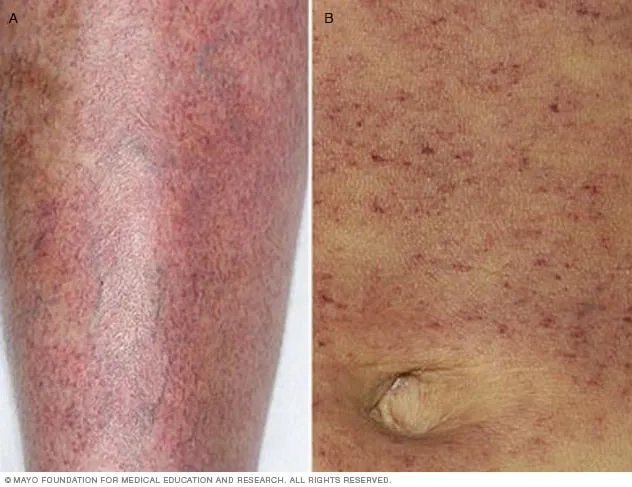
Key symptoms of Myelodysplastic Syndromes to watch for
- The most common myelodysplastic syndrome symptoms are related to low red blood cell counts, causing severe fatigue, weakness, and shortness of breath.
- Frequent infections due to low white blood cells and easy bruising or bleeding from a low platelet count are also key warning signs.
- Some people may experience unexplained fevers, bone pain, and unintentional weight loss, which warrant a thorough medical evaluation for an MDS diagnosis.
How can you prevent Myelodysplastic Syndromes effectively?
- For most people, there is no known way to prevent primary MDS, as the causes are not fully understood and it often develops randomly.
- Limiting long-term exposure to known industrial chemicals, such as benzene, and avoiding tobacco smoke may help reduce your overall risk.
- While necessary, being aware that certain cancer therapies are a risk factor allows for careful monitoring by doctors after treatment is complete.
>>> Discover more: Oral cancer - The importance of regular dental screenings
Image of the disease Myelodysplastic Syndromes

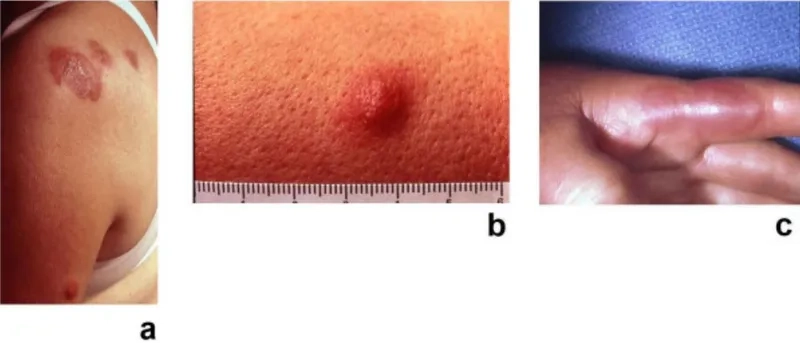
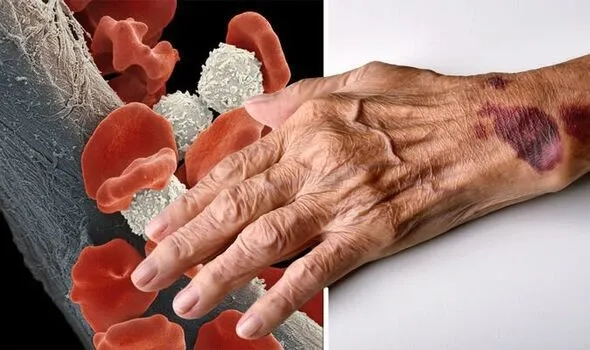
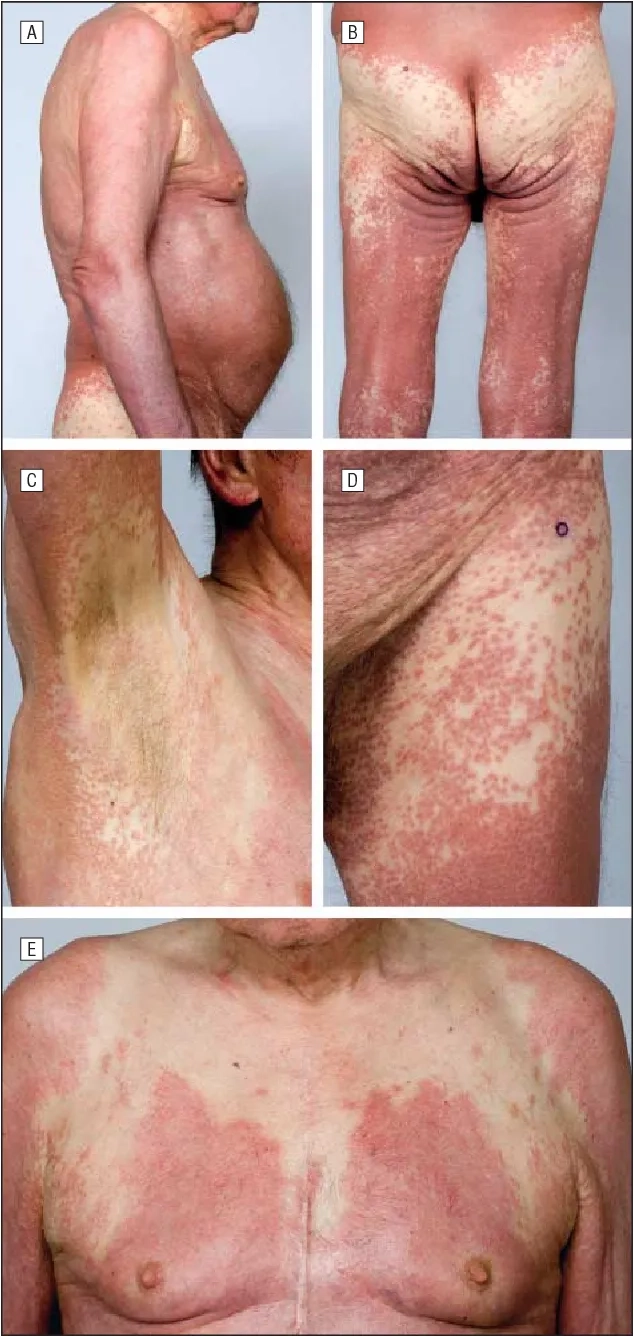

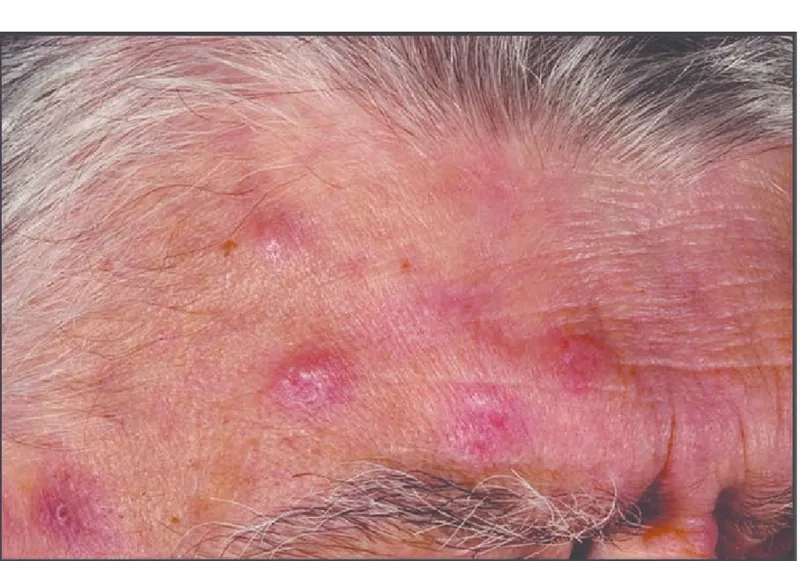
>>> Learn now: Gallbladder cancer - Understanding the risks and subtle signs
An accurate MDS diagnosis is key to determining the best MDS treatment plan and prognosis. If you have concerning symptoms, consult a hematologist for evaluation.
>>> See more: Laryngeal cancer - When a hoarse voice is a warning sign





